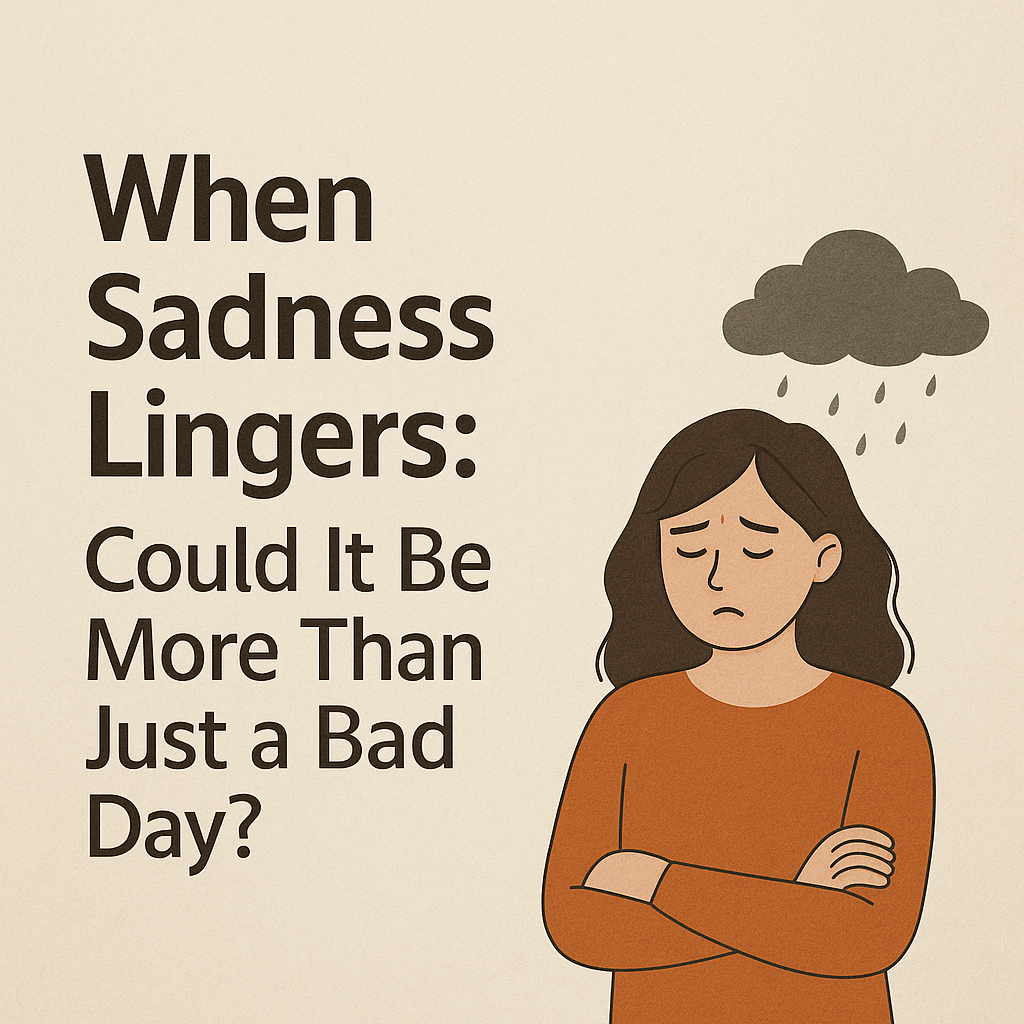She walked onto Shark Tank nine months pregnant and nearly broke.
Five years later, PepsiCo bought her company for $1.95 billion.
Meet Allison Ellsworth, the woman who turned a gut health problem into a global soda revolution.
Back then, Allison was working in oil and gas.
Constant travel. Terrible diet. Her gut was in chaos.
So she started taking shots of apple cider vinegar every morning.
It worked — but it tasted awful.
Everyone around her said:
“Stick to your stable job.”
“The market’s too crowded.”
“You’re pregnant — this is a terrible time to start anything.”
She didn’t listen.
Because Allison knew one thing others didn’t:
If she could make apple cider vinegar taste good, everyone else would want it too.
So she got to work — in her kitchen.
Mixing vinegar, fruit juice, and sparkling water.
Her husband, Stephen, rigged up a carbonation line in their Dallas townhouse.
They bottled it and called it Mother Beverage.
In 2016, three months pregnant, she quit her job to sell it at farmers markets.
They almost went broke.
No air conditioning in their car or facility.
Texas heat. Side jobs. Sweat and faith.
But they sold out every single week.
Then — a miracle.
A Whole Foods buyer stumbled upon their stand.
“I don’t do this often,” she said. “But you belong in Whole Foods.”
That one moment flipped the script.
Fast forward to 2018 — Allison auditions for Shark Tank.
Six months of interviews, paperwork, and secrecy.
She films the episode nine months pregnant, gives birth ten days later,
and lands a deal with Rohan Oza: $400,000 for 25%.
Then came the harshest — and best — feedback ever:
“Your branding is ****.”
Instead of folding, Allison rebuilt.
New look. New name. New mission.
Mother Beverage became Poppi — “a new kind of soda for the next generation.”
They relaunched in March 2020 — in the middle of COVID and an aluminum shortage.
Most startups would’ve died there.
Allison hit record. Posted her story on TikTok.
Woke up to $100,000 in Amazon sales overnight.
That video has over 90 million views.
Poppi now has more than 2 billion TikTok views, a Super Bowl ad, and $500 million in annual revenue.
In May 2025, PepsiCo acquired Poppi for $1.95 billion.
All because one woman refused to believe that “healthy” had to taste bad —
or that bad timing meant failure.
She turned a kitchen experiment into an empire.
She proved that criticism can be the start of something legendary.
So ask yourself:
What “crazy” idea are you sitting on?
What “bad timing” are you hiding behind?
Allison built Poppi pregnant, broke, and doubted by everyone.
No funding. No background in beverages. Just conviction.
Sometimes, your worst timing is actually your best opportunity.
Sometimes, your lack of experience is your unfair advantage.
Find your kitchen. Mix your ingredients.
Make your own version of Poppi.
Because the next billion-dollar brand might just be sitting on your counter —
waiting for you to believe it’s possible.
Five years later, PepsiCo bought her company for $1.95 billion.
Meet Allison Ellsworth, the woman who turned a gut health problem into a global soda revolution.
Back then, Allison was working in oil and gas.
Constant travel. Terrible diet. Her gut was in chaos.
So she started taking shots of apple cider vinegar every morning.
It worked — but it tasted awful.
Everyone around her said:
“Stick to your stable job.”
“The market’s too crowded.”
“You’re pregnant — this is a terrible time to start anything.”
She didn’t listen.
Because Allison knew one thing others didn’t:
If she could make apple cider vinegar taste good, everyone else would want it too.
So she got to work — in her kitchen.
Mixing vinegar, fruit juice, and sparkling water.
Her husband, Stephen, rigged up a carbonation line in their Dallas townhouse.
They bottled it and called it Mother Beverage.
In 2016, three months pregnant, she quit her job to sell it at farmers markets.
They almost went broke.
No air conditioning in their car or facility.
Texas heat. Side jobs. Sweat and faith.
But they sold out every single week.
Then — a miracle.
A Whole Foods buyer stumbled upon their stand.
“I don’t do this often,” she said. “But you belong in Whole Foods.”
That one moment flipped the script.
Fast forward to 2018 — Allison auditions for Shark Tank.
Six months of interviews, paperwork, and secrecy.
She films the episode nine months pregnant, gives birth ten days later,
and lands a deal with Rohan Oza: $400,000 for 25%.
Then came the harshest — and best — feedback ever:
“Your branding is ****.”
Instead of folding, Allison rebuilt.
New look. New name. New mission.
Mother Beverage became Poppi — “a new kind of soda for the next generation.”
They relaunched in March 2020 — in the middle of COVID and an aluminum shortage.
Most startups would’ve died there.
Allison hit record. Posted her story on TikTok.
Woke up to $100,000 in Amazon sales overnight.
That video has over 90 million views.
Poppi now has more than 2 billion TikTok views, a Super Bowl ad, and $500 million in annual revenue.
In May 2025, PepsiCo acquired Poppi for $1.95 billion.
All because one woman refused to believe that “healthy” had to taste bad —
or that bad timing meant failure.
She turned a kitchen experiment into an empire.
She proved that criticism can be the start of something legendary.
So ask yourself:
What “crazy” idea are you sitting on?
What “bad timing” are you hiding behind?
Allison built Poppi pregnant, broke, and doubted by everyone.
No funding. No background in beverages. Just conviction.
Sometimes, your worst timing is actually your best opportunity.
Sometimes, your lack of experience is your unfair advantage.
Find your kitchen. Mix your ingredients.
Make your own version of Poppi.
Because the next billion-dollar brand might just be sitting on your counter —
waiting for you to believe it’s possible.
She walked onto Shark Tank nine months pregnant and nearly broke.
Five years later, PepsiCo bought her company for $1.95 billion.
Meet Allison Ellsworth, the woman who turned a gut health problem into a global soda revolution.
Back then, Allison was working in oil and gas.
Constant travel. Terrible diet. Her gut was in chaos.
So she started taking shots of apple cider vinegar every morning.
It worked — but it tasted awful.
Everyone around her said:
“Stick to your stable job.”
“The market’s too crowded.”
“You’re pregnant — this is a terrible time to start anything.”
She didn’t listen.
Because Allison knew one thing others didn’t:
If she could make apple cider vinegar taste good, everyone else would want it too.
So she got to work — in her kitchen.
Mixing vinegar, fruit juice, and sparkling water.
Her husband, Stephen, rigged up a carbonation line in their Dallas townhouse.
They bottled it and called it Mother Beverage.
In 2016, three months pregnant, she quit her job to sell it at farmers markets.
They almost went broke.
No air conditioning in their car or facility.
Texas heat. Side jobs. Sweat and faith.
But they sold out every single week.
Then — a miracle.
A Whole Foods buyer stumbled upon their stand.
“I don’t do this often,” she said. “But you belong in Whole Foods.”
That one moment flipped the script.
Fast forward to 2018 — Allison auditions for Shark Tank.
Six months of interviews, paperwork, and secrecy.
She films the episode nine months pregnant, gives birth ten days later,
and lands a deal with Rohan Oza: $400,000 for 25%.
Then came the harshest — and best — feedback ever:
“Your branding is shit.”
Instead of folding, Allison rebuilt.
New look. New name. New mission.
Mother Beverage became Poppi — “a new kind of soda for the next generation.”
They relaunched in March 2020 — in the middle of COVID and an aluminum shortage.
Most startups would’ve died there.
Allison hit record. Posted her story on TikTok.
Woke up to $100,000 in Amazon sales overnight.
That video has over 90 million views.
Poppi now has more than 2 billion TikTok views, a Super Bowl ad, and $500 million in annual revenue.
In May 2025, PepsiCo acquired Poppi for $1.95 billion.
All because one woman refused to believe that “healthy” had to taste bad —
or that bad timing meant failure.
She turned a kitchen experiment into an empire.
She proved that criticism can be the start of something legendary.
So ask yourself:
What “crazy” idea are you sitting on?
What “bad timing” are you hiding behind?
Allison built Poppi pregnant, broke, and doubted by everyone.
No funding. No background in beverages. Just conviction.
Sometimes, your worst timing is actually your best opportunity.
Sometimes, your lack of experience is your unfair advantage.
Find your kitchen. Mix your ingredients.
Make your own version of Poppi.
Because the next billion-dollar brand might just be sitting on your counter —
waiting for you to believe it’s possible.
0 Comments
0 Shares
251 Views














